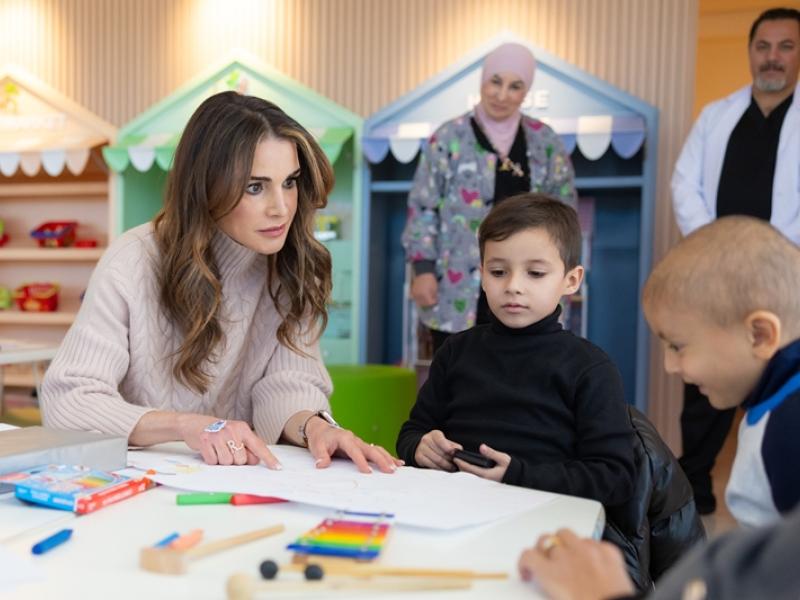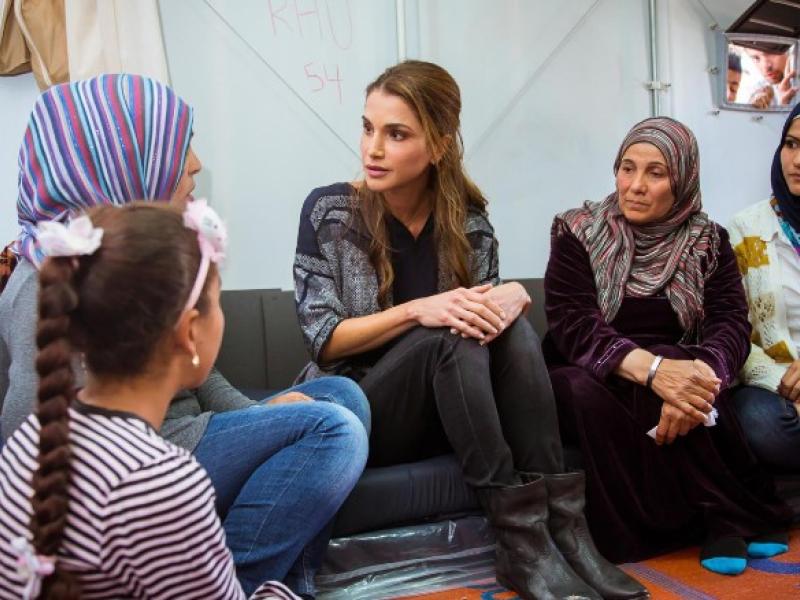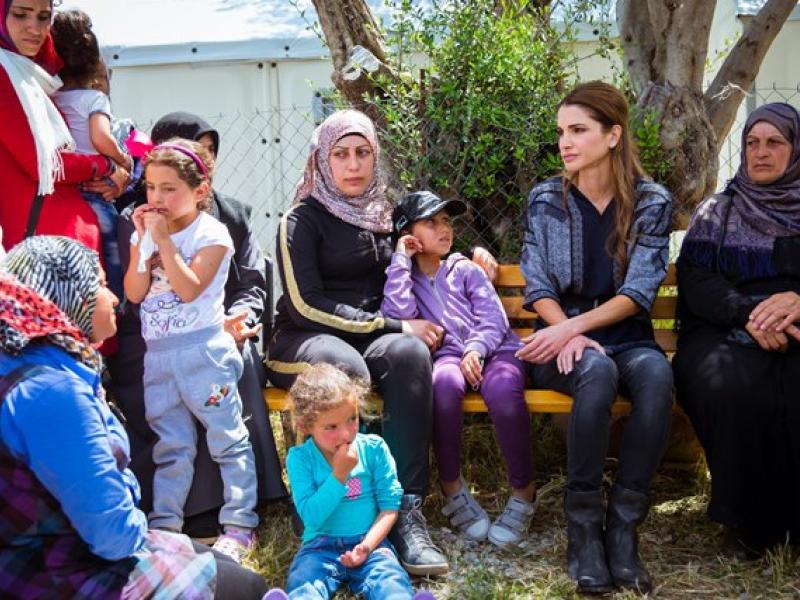Seven years ago, the international community gathered in Dakar and pledged to achieve Education for All by the year 2015. The goals include expanding early childhood care and education; providing free, compulsory primary education; promoting learning and life skills; increasing adult literacy by 50 per cent; achieving gender equality, and ensuring quality education for all.
Today, halfway to our target date, we are woefully off track. Seventy-two million children are not in school. Seven hundred and seventy four million adults cannot read or write. One in four women lack even the most minimal definition of literacy. And the goal of getting an equal number of girls and boys into primary school by 2005 has already been missed by 113 countries – only 18 of which have a chance of achieving gender parity by 2015.
These broken promises take their tolls in millions of lives half-lived. Forced to work in fields, factories, and homes, 38 million girls are being deprived of their human right to learn— a tragedy for these girls, and an irretrievable loss for the world. When half of a society’s talent is wasted, development suffers, progress is stunted, and everyone pays the price. Conversely, investing in girls’ education brings dividends to whole communities, especially as those girls grow to bear children of their own. Girls and boys who complete primary school are 50 per cent less likely to be infected with HIV/AIDS. In low income countries a young woman's average earnings increase 10-20 per cent with every additional year she attends school. Educated mothers are 50 per cent more likely to have their children immunised. Put simply, when you educate a woman, you educate the family, and when you educate a girl, you educate the future.
It is never too late to gift a girl with education, as I saw for myself at innovative learning centers in India and Morocco. There, girls who had spent their childhoods working to support their families were given new knowledge, skills, and encouragement to reach their full potential. One nine-year old girl who had previously labored in a carpet factory shared her dreams of becoming a doctor. She said simply, “I want to be able to help people.”
Today, millions of children around the world are desperate for our help. And progress is possible, when resources and political will are there. In Jordan, we have achieved gender parity in our primary schools. We have dramatically increased government spending on education, multiplied the number of kindergartens from 15 to 600, and brought computer access to 72 per cent of our schools.
We are not alone: in several African nations, including Kenya, Lesotho, Botswana, Burundi, and Cameroon, millions of children flocked to school when their governments dropped primary school fees. But successes like these must be complemented with sustained commitment, so that newly enrolled students can learn from qualified teachers in well-equipped classrooms – and go on to reach even greater heights of knowledge.
Globally, today’s numbers point to failure. Our answer must be to try harder. Education for All is not a suggestion, it is a global imperative. We owe it to the world’s waiting girls and boys to give their cause our all.



